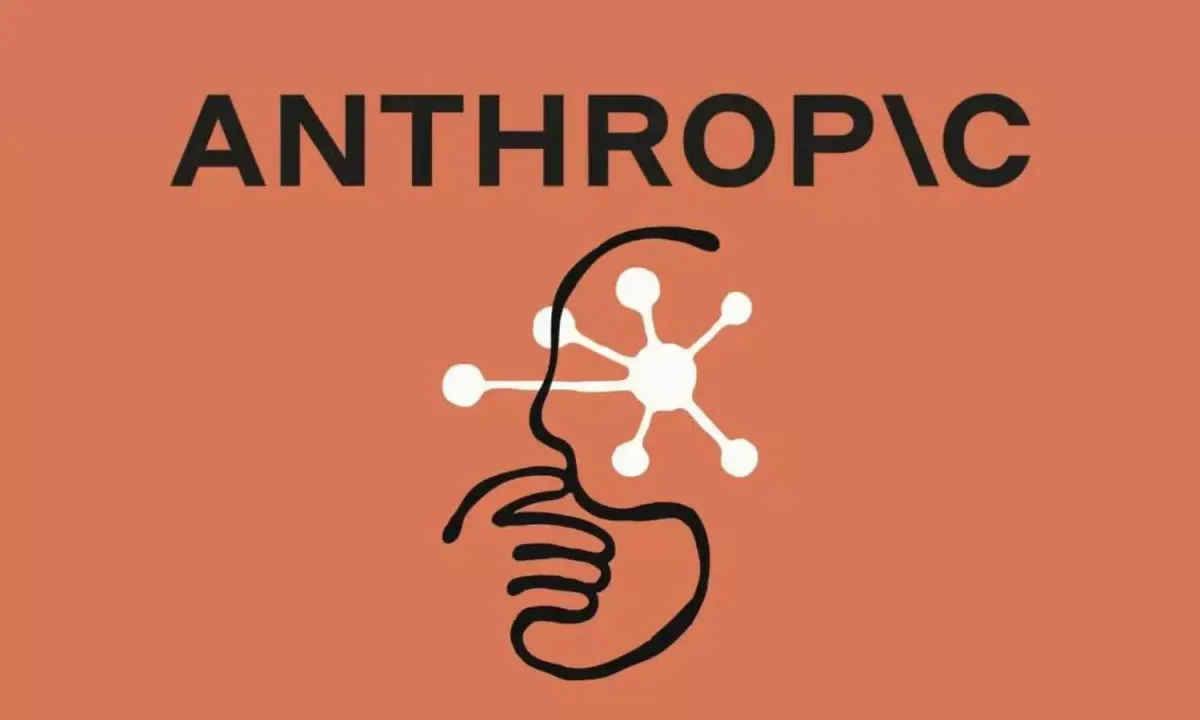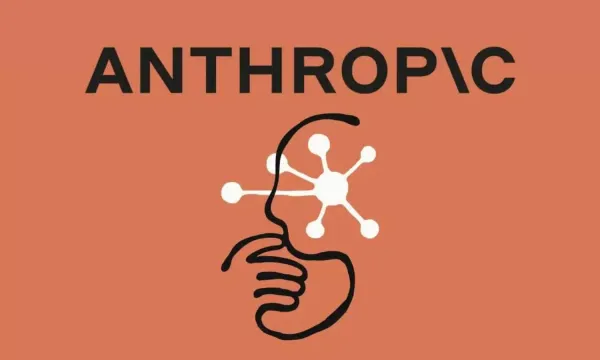Anthropic Expands Claude’s Capabilities to Power Scientific Discovery in Life Sciences
Anthropic is also integrating Claude with major scientific platforms through new connectors.

Anthropic is taking a major step toward its mission of accelerating scientific progress with new upgrades to Claude, its AI model, aimed at supporting researchers across the life sciences — from early discovery to commercialisation.
Until now, scientists largely used Claude for specific tasks such as coding statistical models or summarising papers, the startup says. With the latest update, Anthropic wants Claude to become a full-fledged research partner capable of assisting throughout the scientific process.
Its newest model, Claude Sonnet 4.5, shows major performance gains, scoring 0.83 on the Protocol QA benchmark—surpassing the human baseline of 0.79—and improving significantly on bioinformatics evaluations like BixBench.
Anthropic is also integrating Claude with major scientific platforms through new connectors. These include Benchling, BioRender, PubMed, Wiley’s Scholar Gateway, Synapse.org, and 10x Genomics, giving researchers access to lab data, biomedical literature, and visualization tools directly within Claude.
Another addition, Agent Skills, lets Claude follow predefined scientific procedures for repeatable results. The company has already released a skill for quality control on single-cell RNA sequencing data, with more to come. Scientists can also create their own custom skills for specialized workflows.
Anthropic has partnered with consulting giants like Deloitte, Accenture, PwC, KPMG, and Slalom, as well as AWS and Google Cloud, to help organizations adopt Claude for research.
The company’s AI for Science initiative will provide free API credits to labs working on high-impact projects.
“Our goal is to make Claude a true partner in scientific discovery,” said Anthropic. “By combining advanced AI with domain expertise, we aim to help scientists uncover breakthroughs faster and more responsibly.”




